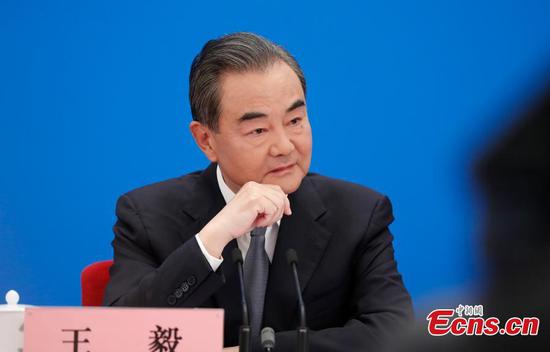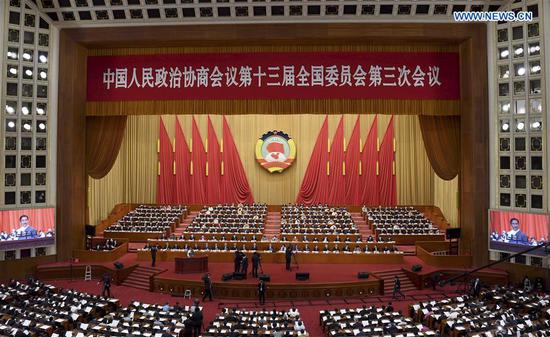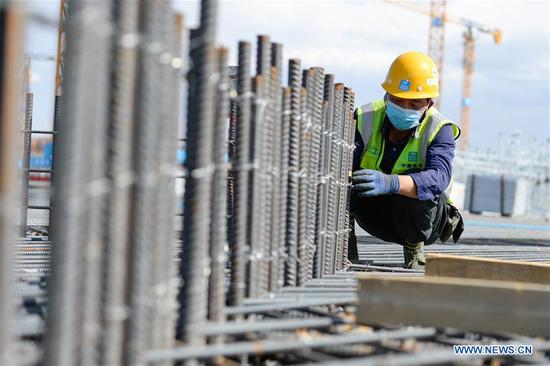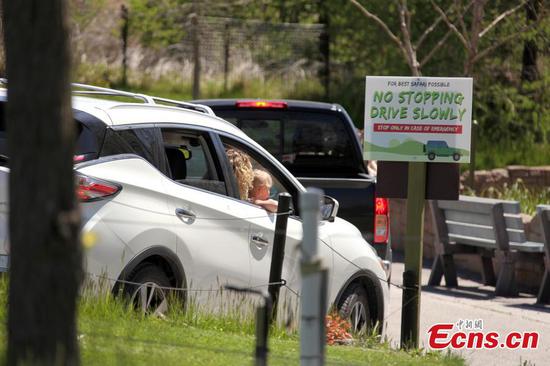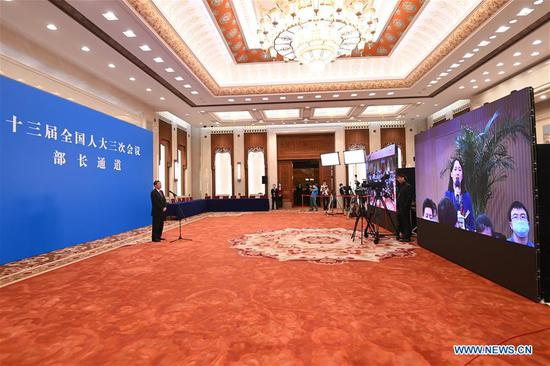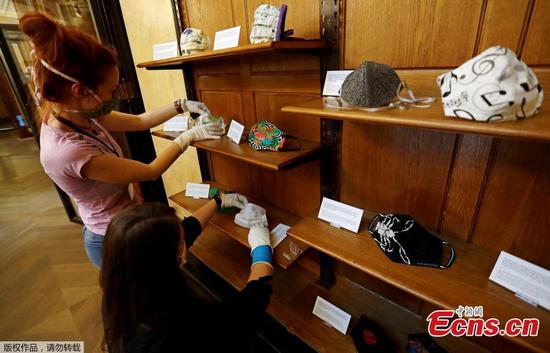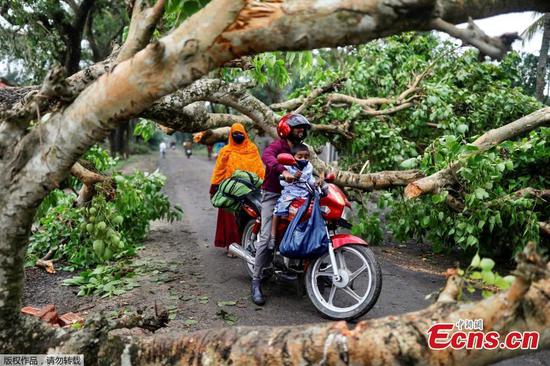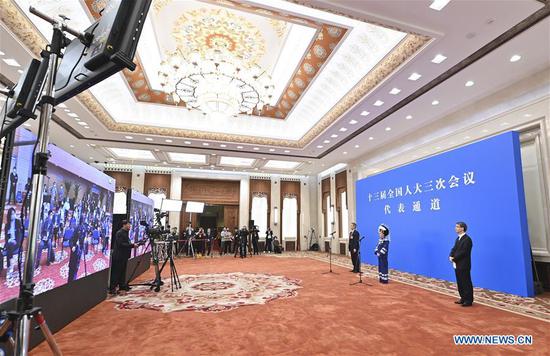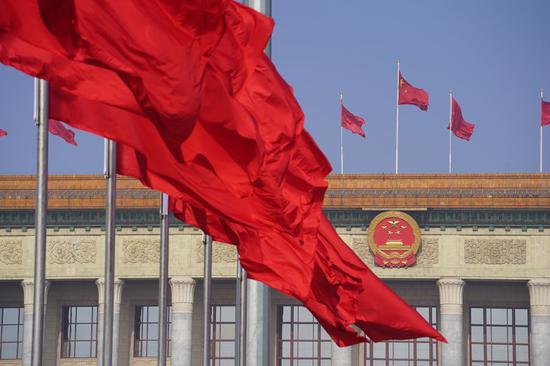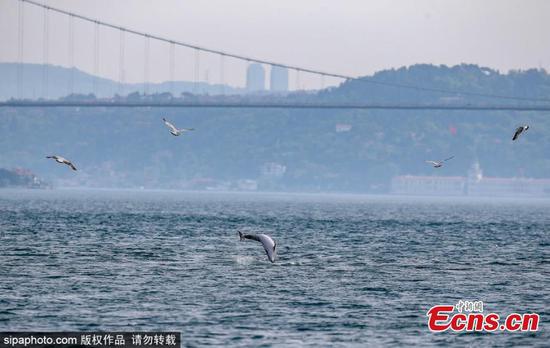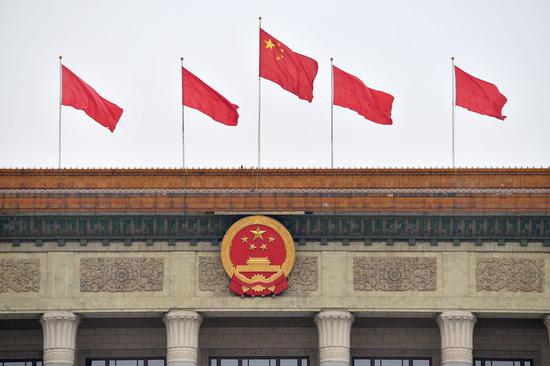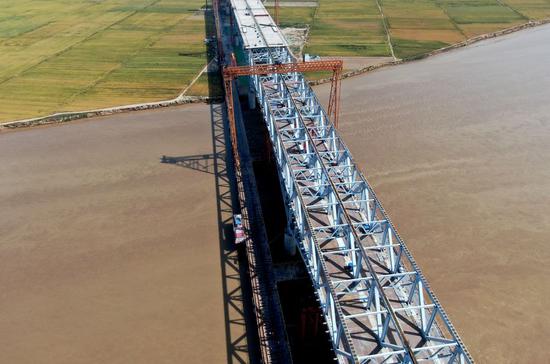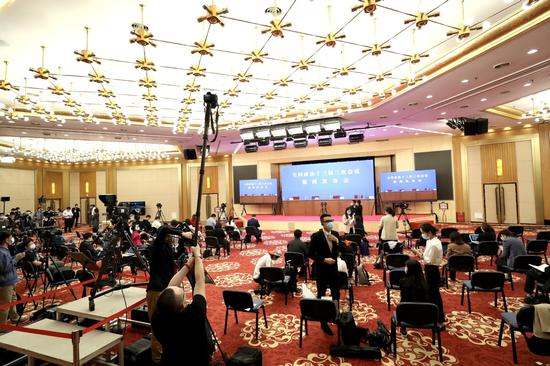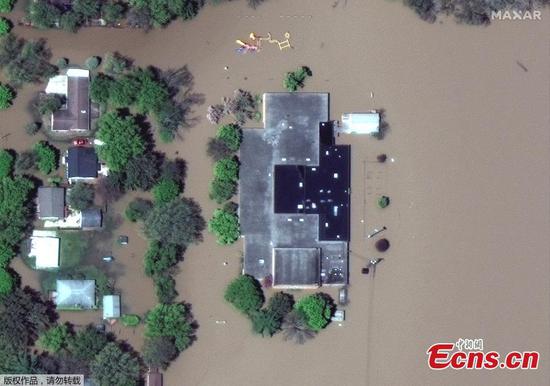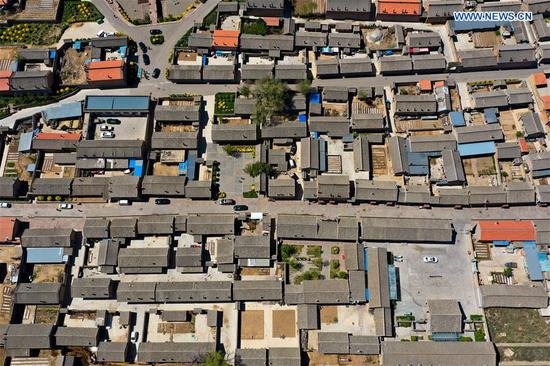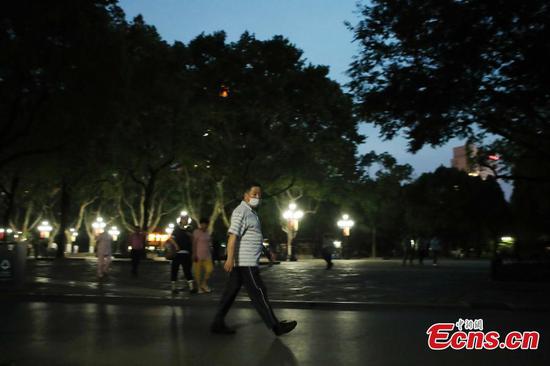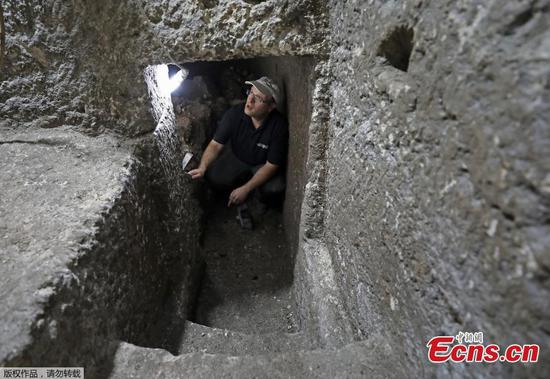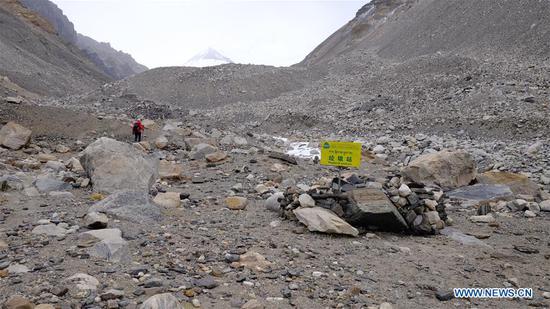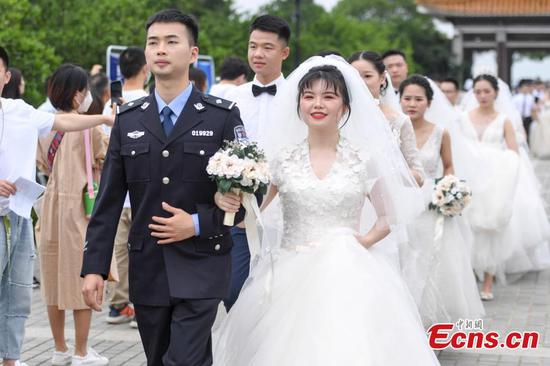National security legislation for the Hong Kong Special Administrative Region (HKSAR) at the state level is necessary and brooks no delay, according to law experts from the Chinese mainland.
A draft decision on establishing and improving the legal system and enforcement mechanisms for the HKSAR to safeguard national security was submitted to the third session of the 13th National People's Congress (NPC) for deliberation on Friday.
Noting the difficulty for the HKSAR to enact laws on its own to uphold national security under the current situation, Chen Duanhong, a law professor at the Peking University, said it is inevitable and pressing for the central authorities to push forward relevant legislation at the national level.
Tian Feilong, associate professor with the law school of the Beijing-based Beihang University, also highlighted the subversive threat to the "one country, two systems" principle in the HKSAR from both the extremist forces in the region and interfering forces from overseas.
At this critical moment, if the national security loopholes in Hong Kong were left unaddressed, the consequences could be disastrous, said Tian.
Experts also refuted preposterous claims distorting the NPC's draft decision.
Chen said freedom does not legitimize illegal activities or secession in the HKSAR, while safeguarding national security will facilitate the protection of human rights in the region.
Once the draft decision was adopted by the NPC, it will better safeguard the overall interests of Hong Kong society, the life and property of the overwhelming majority of Hong Kong residents, as well as the basic rights and freedom, said Chen.
Tian said national security is consistent with the public security in Hong Kong and the legitimate rights and interests of every Hong Kong resident, adding that national security legislation is the guarantee for a better life of the law-abiding Hong Kong residents, who are the overwhelming majority in the region.









